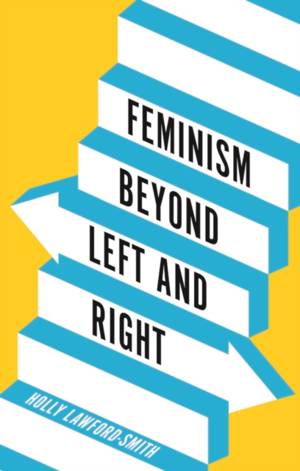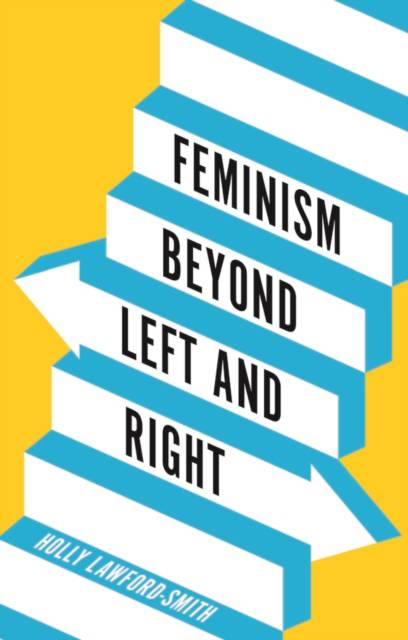
- Afhalen na 1 uur in een winkel met voorraad
- Gratis thuislevering in België vanaf € 30
- Ruim aanbod met 7 miljoen producten
- Afhalen na 1 uur in een winkel met voorraad
- Gratis thuislevering in België vanaf € 30
- Ruim aanbod met 7 miljoen producten
Zoeken
€ 86,45
+ 172 punten
Uitvoering
Omschrijving
An unquestioned assumption of contemporary politics is that the left owns minority groups, in the sense that the left, exclusively, champions the interests of minorities and is for that reason owed the allegiance of minorities. This, in turn, gives rise to the sense of dissonance created by right-wing dissenters--the black social conservative, the gay ultra-nationalist, the female libertarian, the poor pro-capitalist. This same dissonance exists for women and feminism, creating a default assumption that a feminist is a left-wing woman. We don't make a distinction between left-wing feminists and feminists; we don't need to.
There's nothing a philosopher loves more than an unquestioned assumption, and in this book political philosopher Holly Lawford-Smith systematically dismantles the assumption that feminism is an exclusively left-wing project. Once dismantled, the path is clear to a new set of questions. Who counts as a feminist in the first place? If women from anywhere on the political spectrum can be feminists, who is it that feminists should--or shouldn't--be working with? And what can be said, more generally, about the ethics of alliances and coalitions?
In Feminism Beyond Left and Right Lawford-Smith makes the case for non-partisan feminism, feminism outside the constraints of the left-right political spectrum, a feminism for and about all women as women.
There's nothing a philosopher loves more than an unquestioned assumption, and in this book political philosopher Holly Lawford-Smith systematically dismantles the assumption that feminism is an exclusively left-wing project. Once dismantled, the path is clear to a new set of questions. Who counts as a feminist in the first place? If women from anywhere on the political spectrum can be feminists, who is it that feminists should--or shouldn't--be working with? And what can be said, more generally, about the ethics of alliances and coalitions?
In Feminism Beyond Left and Right Lawford-Smith makes the case for non-partisan feminism, feminism outside the constraints of the left-right political spectrum, a feminism for and about all women as women.
Specificaties
Betrokkenen
- Auteur(s):
- Uitgeverij:
Inhoud
- Aantal bladzijden:
- 164
- Taal:
- Engels
Eigenschappen
- Productcode (EAN):
- 9781509564798
- Verschijningsdatum:
- 21/07/2025
- Uitvoering:
- Hardcover
- Formaat:
- Genaaid
- Afmetingen:
- 148 mm x 217 mm
- Gewicht:
- 335 g

Alleen bij Standaard Boekhandel
+ 172 punten op je klantenkaart van Standaard Boekhandel
Beoordelingen
We publiceren alleen reviews die voldoen aan de voorwaarden voor reviews. Bekijk onze voorwaarden voor reviews.







